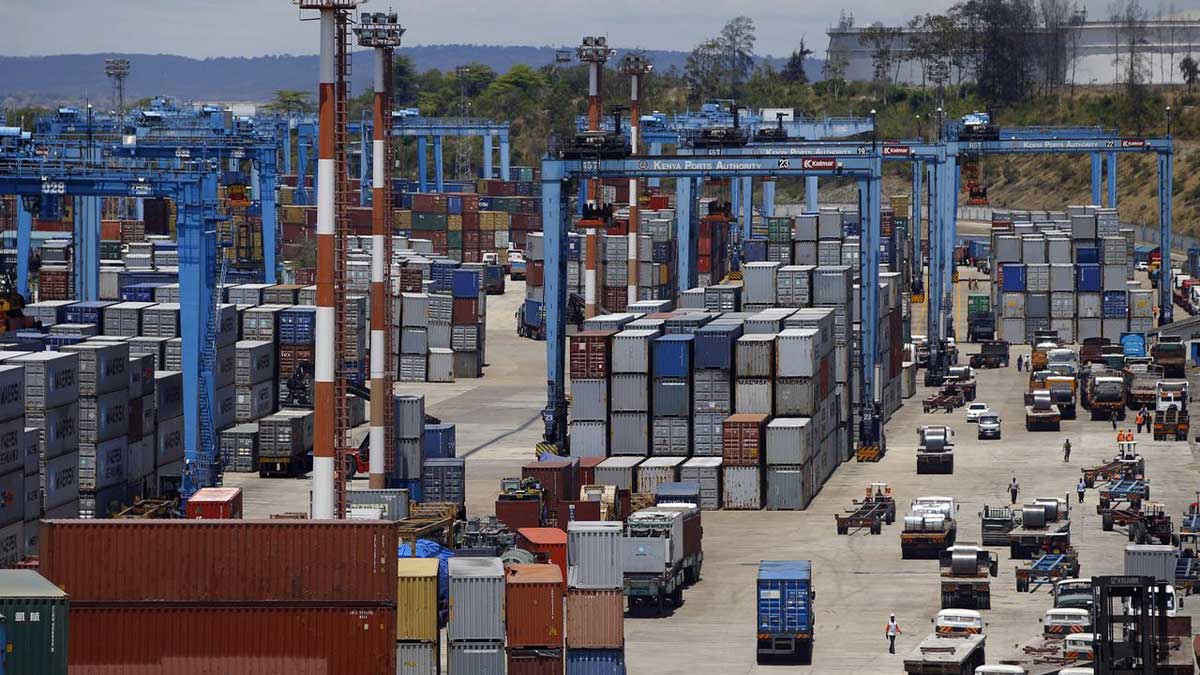Pakistan’s exports to Italy has recorded a 49 percent growth on a year-on-year basis to $786 million in the outgoing fiscal year 2020-21.
Jauhar Saleem, the Pakistan’s Ambassador to Italy issued a statement that shows that Pakistan’s exports to Italy got a 49% increase on a year-on-year basis to $786 million during the fiscal year 2020-21. Pakistan has been successful in achieving this growth despite the worst condition of Covid-19 to this European country.
Read more: Italy mulling over setting up gemstones training institute in GB
Pakistan’s Ambassador also said that India had been falsely claiming over the Basmati’s exclusive Geographical Indication (GI) rights in the EU and Italian market for a long but Pakistan succeeded in maintaining its position as the market leader in rice with a 37.4% share. The market share of India squeezed to only 12% in Italy.
Moreover, the number of remittances from the people, working in Italy was $601 million which is the highest figure. This is 66% higher if it is compared with the annual figure of the fiscal year 2019-20 which was $369 million. Italy stands at 7th position in the world as far as the number of remittances to Pakistan is concerned and it is No.1 in European countries.
Jauhar Saleem hoped that this higher exports and remittances from Italy would continue in the current fiscal year. He told that Pakistan and Italy have agreed in principle to negotiate a labor agreement which will be highly beneficial for Pakistan to absorb the big number of manpower there.
He added that Pakistan has been included in the comprehensive market access to Italian Seasonal Work Visa for 2022 which would offer immense opportunity for Pakistani labor force working in agriculture and services sector to come and work in Italy with legal entry mode.
Pakistan’s Ambassador to Italy told that the Pakistani mission is promoting joint venture mode for Italian investment in Pakistan which will help in technology and skill transfer to our business. He added that the Italian companies are investing in energy, food processing, leather, textile, construction, and furnishing.





















